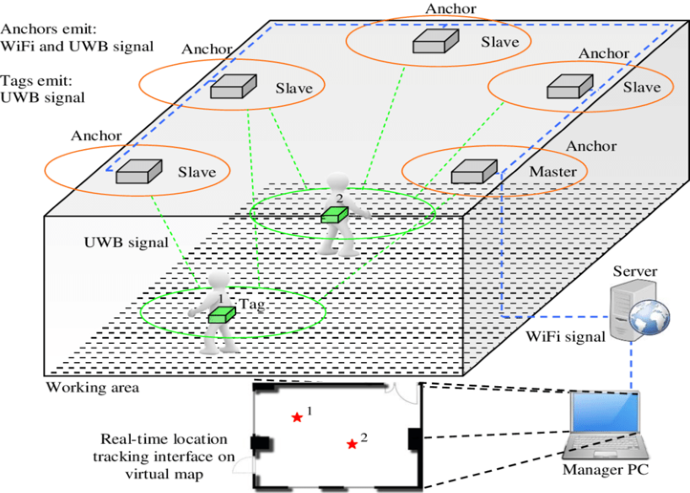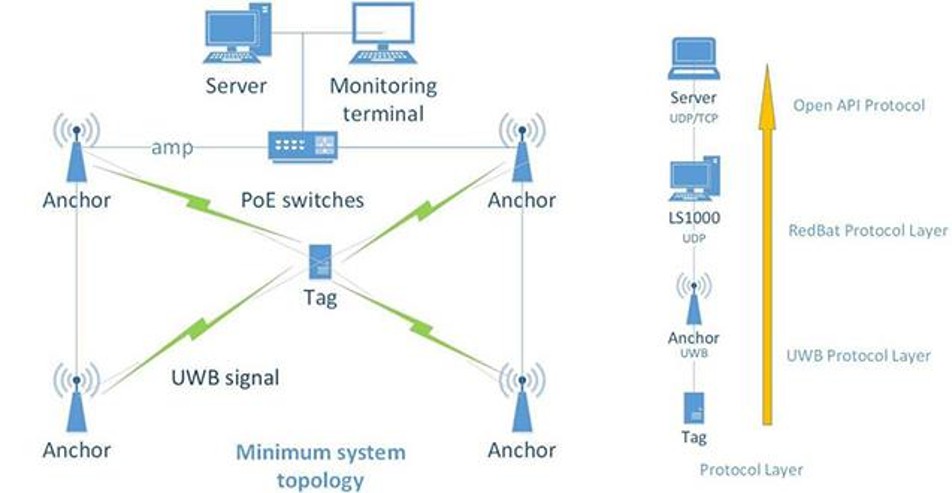Asset Tracking and Inventory Management
RFID Protocol
RFID is a cost-effective method for tracking assets within a specific area.
There are two main types of RFID tags: Active and Passive.
Active RFID tags provide real-time tracking, while Passive tags have longer lifespans and lower costs.
Classification of Tags Based on Power Source:
Passive Tags
- They obtain their required energy and power from Readers through a series of transmission methods.
- Small size / low production cost / limited coverage range (up to 15 meters).
- Passive tags have much less memory compared to active tags (only a few kilobytes).
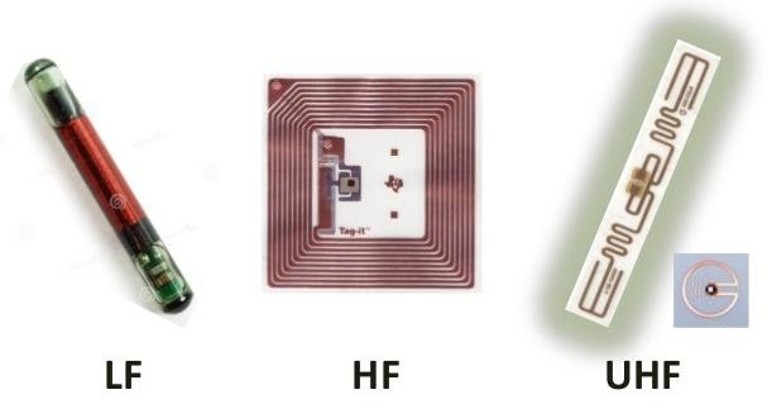
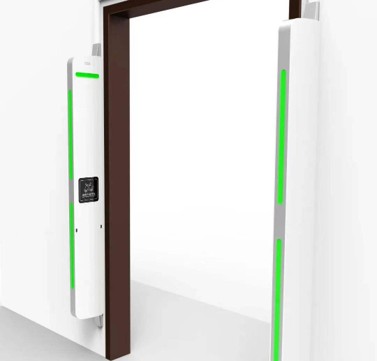
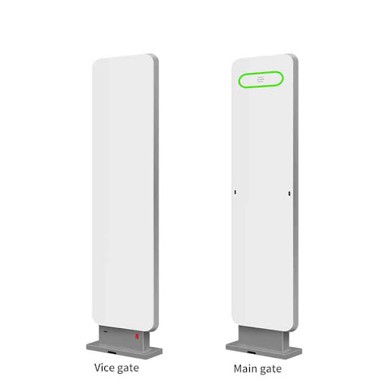
Active Tags
- Their required energy is supplied by an internal battery, and for communication, they include a processor, memory, and sensors.
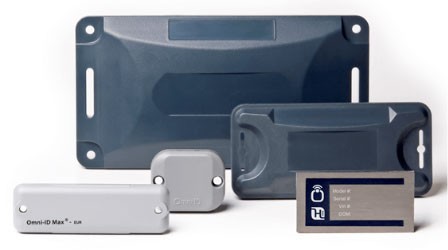
UWB & RTLS
- UWB technology (Ultra Wide Band) is a type of short-range wireless communication protocol that operates using radio waves at very high frequencies.
- It is very similar to radar, constantly scanning its surrounding environment, and once it detects an object and its location, it can establish communication with high accuracy.
- Real-Time Location Systems (RTLS) operate based on the use of UWB.
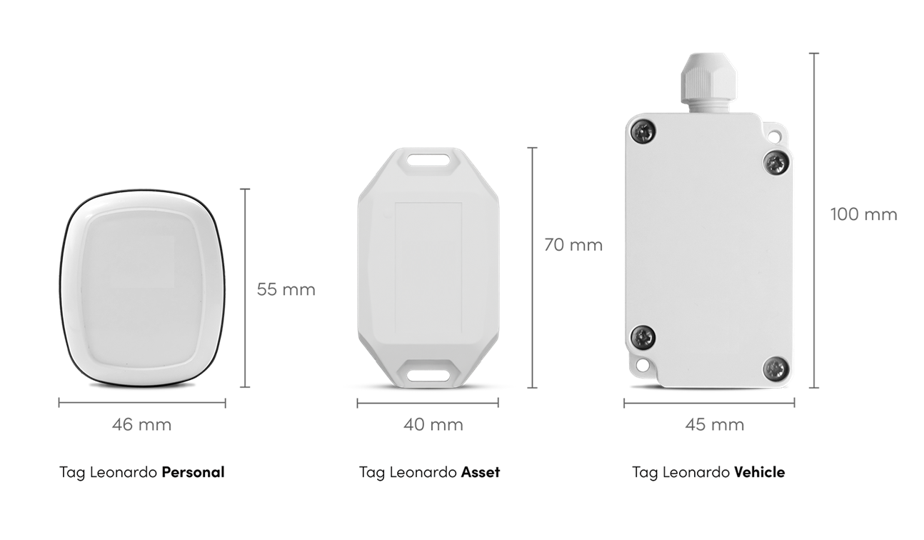
Features of UWB Tags
- Equipped with an accelerometer sensor to detect whether objects are stationary or in motion.
- Equipped with a gyroscope sensor to detect the orientation of objects.
- Uses blockchain encryption for enhanced security.
- Ability to measure distance from other tags.
- High-capacity battery with low energy consumption due to controlled data transmission in idle mode.
